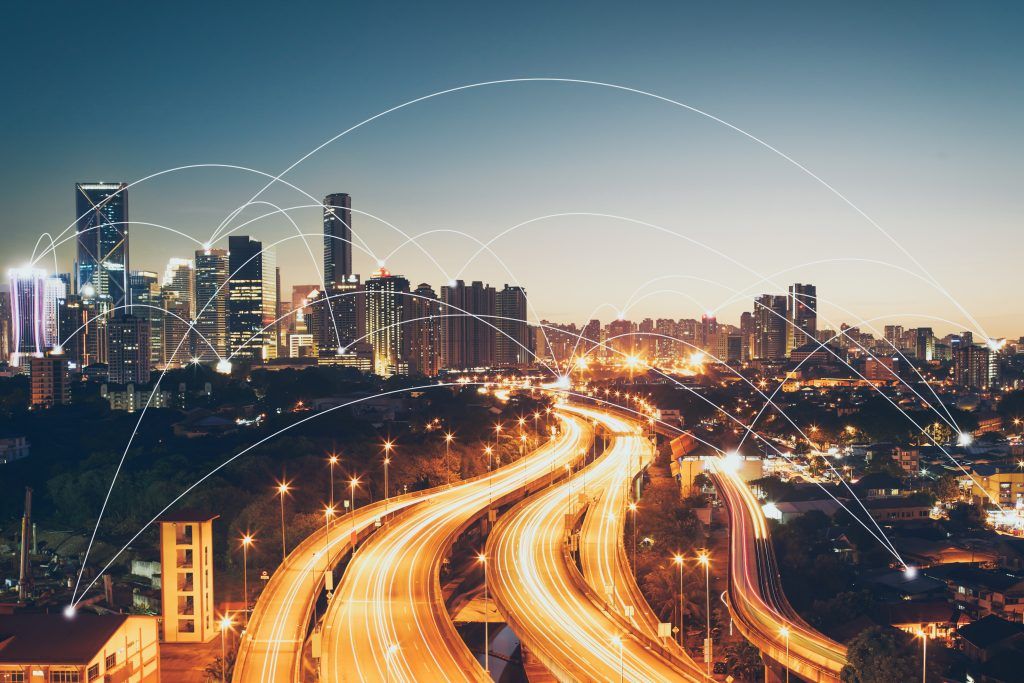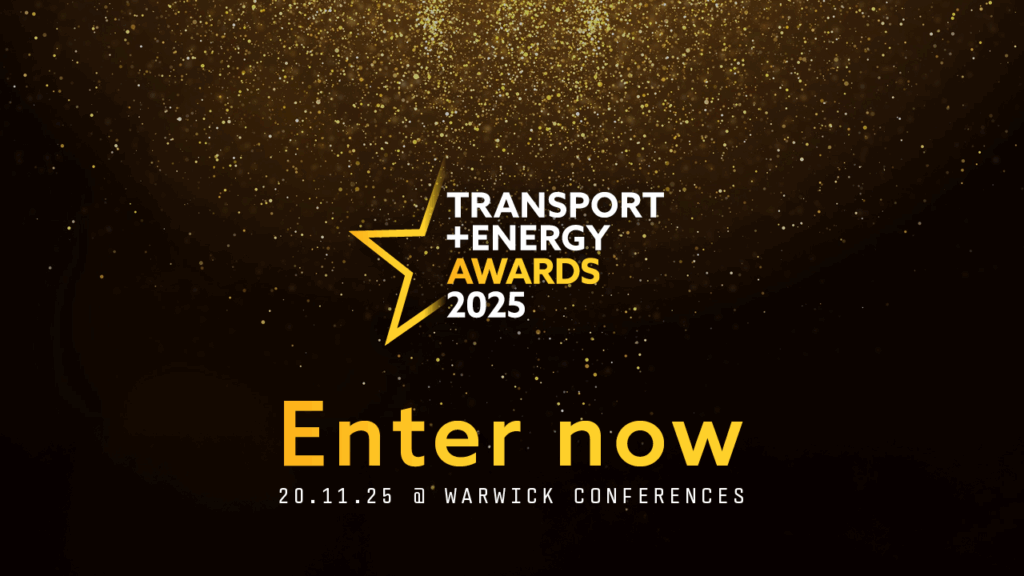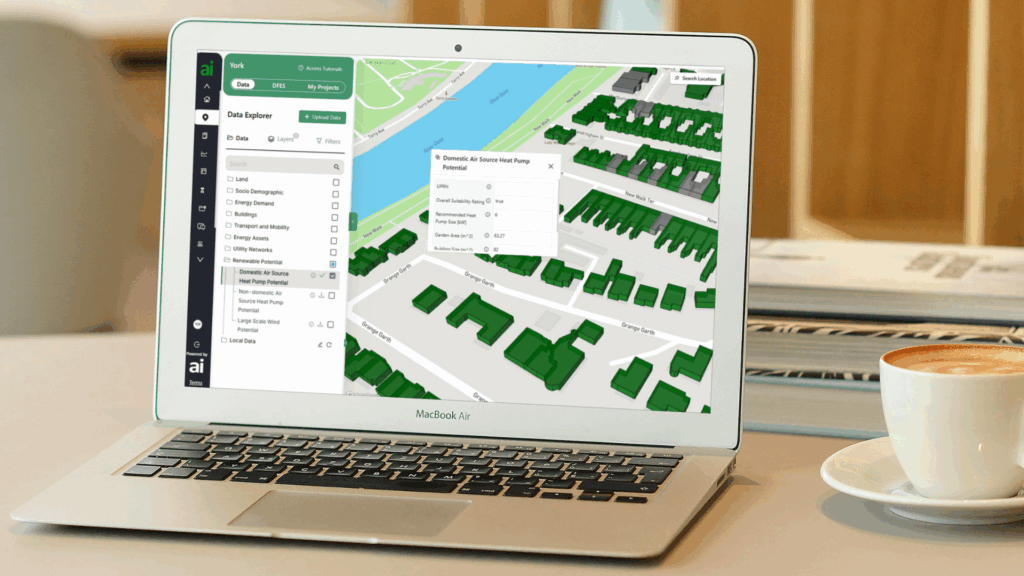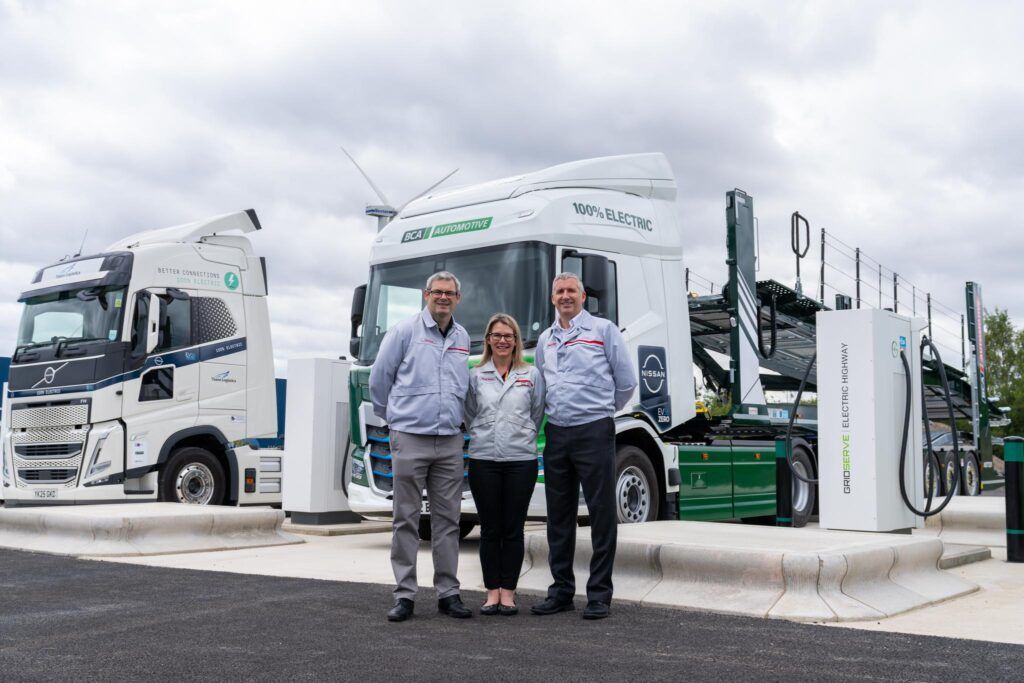There will need to be 37.4m electric vehicles on UK roads to reach net zero by 2050, according to the National Grid Electricity System Operator (ESO).
In its Our Future Energy Scenarios report, it also outlines how the country’s power sector will need to have been a negative carbon producer since 2034 and that people will need to change their lifestyle habits and switch over to low-carbon forms of heating such as those powered by renewable energy and hydrogen.
Modelling four credible energy pathways for Britain over the coming decades, the ESO drew on hundreds of experts’ views to undertake its analysis, which suggests the UK can achieve its legally binding carbon-reduction targets in three out of the four scenarios.
Two of the scenarios envisage Britain reducing its emissions by 78% by 2035, requiring significant shifts in technology and society in the near future, with people in 2050 turning down their thermostats by an average of 1°C, reducing demand for heating by 13%.
It also predicts that over >80% of households will be smart-charging their EVs, responding to time-of-use energy tariffs to access cheaper, greener energy and reduce peak demand on the grid.
It also says switching to LED light bulbs and smart appliances will have significant impact, with potential improvements of over 30% in consumers’ energy efficiency.
The ESO said that Britain is already making “strong progress on that journey” but will need to capitalise on the current momentum to reach net zero in time.
Matthew Wright, head of strategy and regulation at ESO, said: “Clear policy direction from Government on, for example, residential heating and support for energy efficiency measures will also be key to reducing overall demands. Consumers will need a greater understanding of how their power use and lifestyle choices impact how sustainable our energy system will be. Government policy will be key to driving awareness and change.”
In 2017, Ofgem gave the National Grid two years to recalibrate its functions as an electricity system operator into a separate company, resulting in the creation of the ESO.
Since its creation, it has been preparing the grid for the increasing amount of renewable energy facilities that are coming online.
Image: Shuttersock















